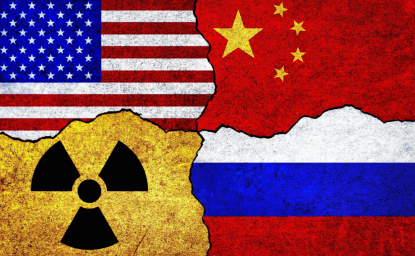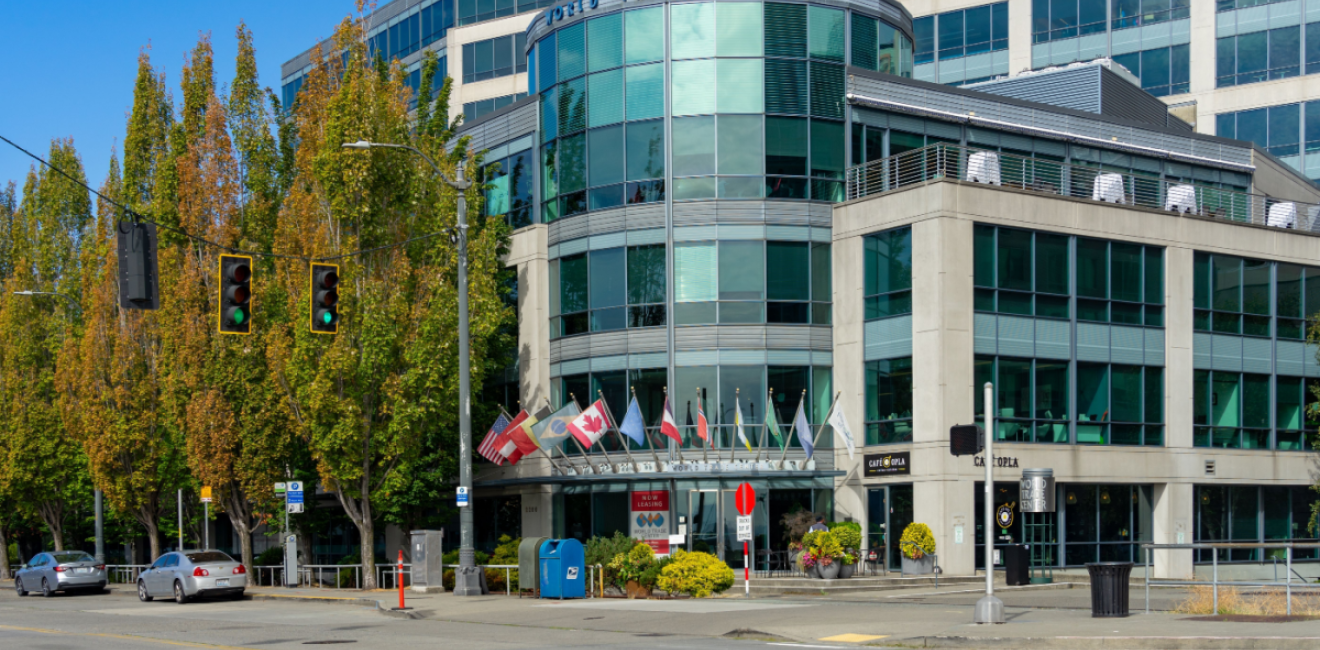As ministers and delegates from more than 130 countries and territories prepared for the third Ministerial Conference of the World Trade Organization in Seattle 25 years ago this month, there was every reason to believe that calamity loomed. And so, it proved to be.
The Seattle meeting holds a special place in the annals of failed international conferences. It also changed the global discussion on trade. Moreover, it provided an exclamation point to the supposition that an entity that sets rules for global trade and then determines if governments are adhering to those rules had better be built on a solid political foundation. In the run-up to Seattle, cracks in the system were emerging. By the end of the conference, they were laid bare for all to see.
The objective of the conference was to launch a new round of far-reaching trade negotiations. The host organizers wanted to call it the Seattle Round. European Union Trade Commission Sir Leon Brittan dubbed it the Millennium Round. Its title mattered little, because ministers came nowhere close to launching a round. They were unable even to agree on a Ministerial Declaration or statement.
Folklore has it that the meeting failed because an intrepid band of hearty activists mobilized, shut down streets and venues, and sharpened the world’s focus on the alleged dangers of the global trading system. It’s a nice story line, good enough for Hollywood to turn it into a forgettable movie. But a fiasco as complete as the Seattle Ministerial Conference required much more than street demonstrations by groups of farmers, trade unionists, and anti-globalization activists.
Certainly, the street protests made the logistics more challenging. UN Secretary General Kofi Annan, then-US Secretary of State Madeline Albright, and the conference chair, US Trade Representative Charlene Barshefsky, were blocked from entering the opening ceremony. But the seeds of public disenchantment with the WTO were sown the year before at the second Ministerial Conference, held in Geneva.
In 1998, then-director general, Italian Renato Ruggiero, adroitly assembled an all-star cast of world leaders (including Nelson Mandela, Bill Clinton, Fidel Castro, and Tony Blair) to celebrate 50 years of the multilateral trading system. The meeting was more ceremonial than substantive, and messages conveyed by the heads of state and governments were overshadowed by violent rioting that shut down Geneva’s diplomatic quarter.
Those who might have expected the leaders to deliver a full-throated endorsement of the WTO or the trading system were disappointed. US President Clinton said WTO members needed to be more transparent and to do more to promote environmental and labor standards.
President Mandela said that in the negotiations that established the WTO, “developing countries were not able to ensure that the rules accommodated their realities.”
Deep divisions among the WTO member governments over precisely those issues—labor standards, environment, and development—ensured the outcome of Seattle would never be anything but a failure. Not only that, but discord over these issues continues to plague the organization to this day.
Preparations for Seattle began shortly after the Geneva ministerial concluded. From August 1998 to November 1999, WTO members advanced 802 proposals for approval at or before Seattle. They approved exactly none.
Arguments over these proposals were acrimonious and repetitive. In the middle of these preparations, WTO members embarked on another task—choosing a successor to Mr. Ruggiero as director general. But the ineffectual and rancorous membership found this to be too tall an order. Unable to choose between the New Zealander Mike Moore and the Thai Supachai Panitchpakdi, longtime friends stopped speaking to each other and mischievous ambassadors employed procedural sabotage to derail talks on topics they did not favor. For four months the WTO was without a chief. This was hardly fertile ground for fostering a successful conference.
If the substantive gridlock was the main reason Seattle failed, it was far from the only one. Ambassador Barshefsky eschewed advice that she choose either to chair the conference, as most host trade ministers do, or to lead the US delegation. Attempting to do both, she was advised, would give the impression of a conflict of interest. She rejected the advice and the consequences were predictable.
Many ministers believed that issues where the US was on the defensive, such as anti-dumping, were given short shrift. Greater prevalence was given to issues where the US wanted action, specifically the introduction of labor standards into WTO rules. A working group on this issue–which had been neither vetted nor approved–was created out of thin air at the conference, over the vehement protests of developing country ministers.
Organizers from the City of Seattle and the State of Washington were alarmingly naïve about the looming chaos. City officials wanted the shops in the conference center to remain open so that presumably idle delegates could enjoy the city’s many fine commercial offerings. The barricades and tear gas derailed that notion.
But if the activists could not truthfully contend that they alone halted the meeting, they could certainly claim to have altered the trajectory of the conversation on trade. Political support for trade went into gradual and then steep decline. Today in the US, pro-trade politicians are thin on the ground.
Currently, the WTO’s negotiating and dispute settlement functions are crippled and the organization struggles for relevance. The number of multilateral agreements struck at the WTO over the past 30 years can be counted on one hand. Governments turn their backs on the rules-based trading system in favor of a system where might makes right, nationalism prevails, and the ambitions of smaller, weaker countries are disregarded.
No one should have been surprised by the failure in Seattle 25 years ago. But the aftershocks a quarter century later—fragmentation of the global economy and mounting trade-related hostilities between major powers—were not foreseen in 1999. Can we truly say we are better off as a result?
Author

Director of the Information and External Relations Division and Chief Spokesman at the World Trade Organization (retired)

Wahba Institute for Strategic Competition
The Wahba Institute for Strategic Competition works to shape conversations and inspire meaningful action to strengthen technology, trade, infrastructure, and energy as part of American economic and global leadership that benefits the nation and the world. Read more


History and Public Policy Program
A leader in making key foreign policy records accessible and fostering informed scholarship, analysis, and discussion on international affairs, past and present. Read more

Explore More
Browse Insights & Analysis
US Inaction Is Ceding the Global Nuclear Market to China and Russia

Promoting Convergence in US-Brazil Relations




